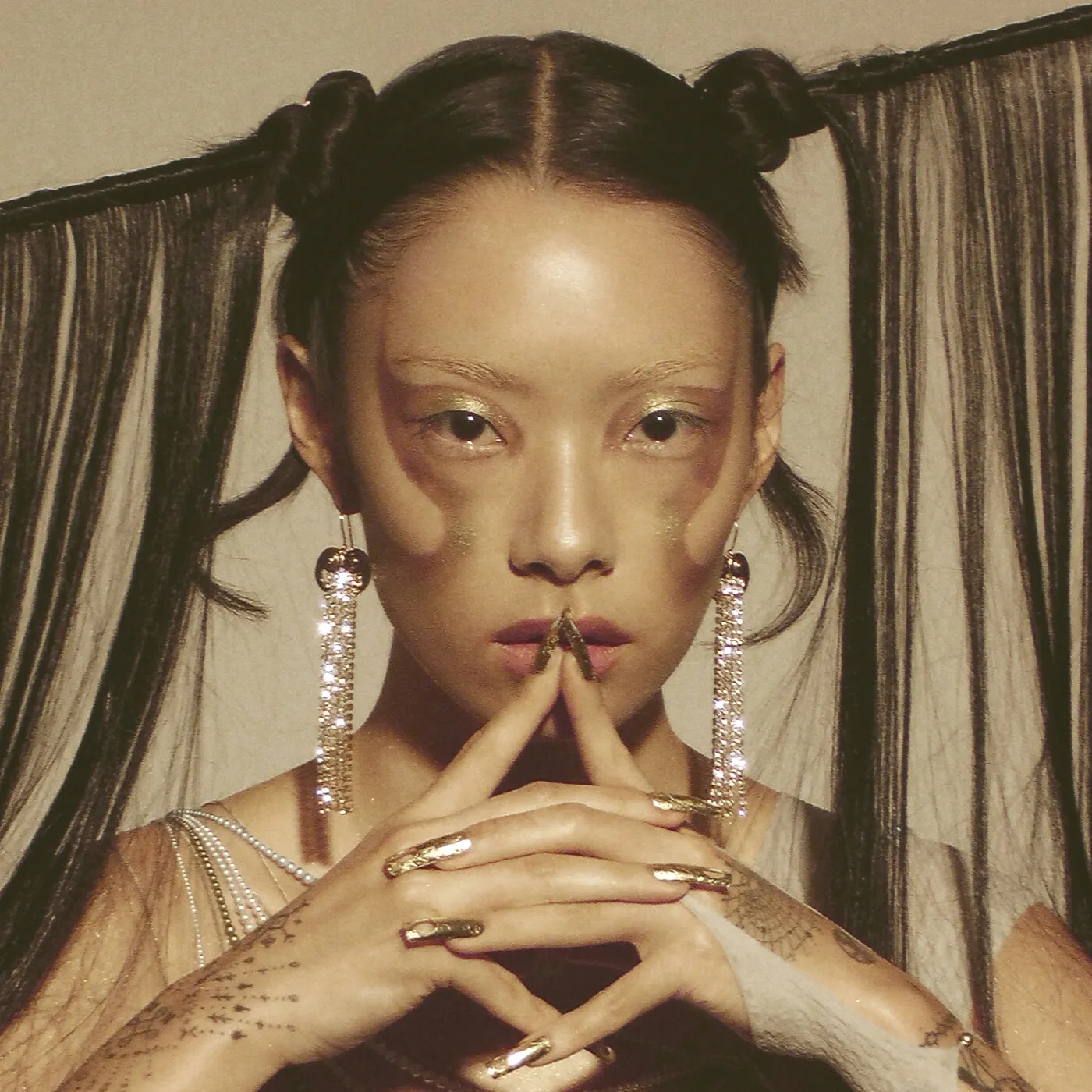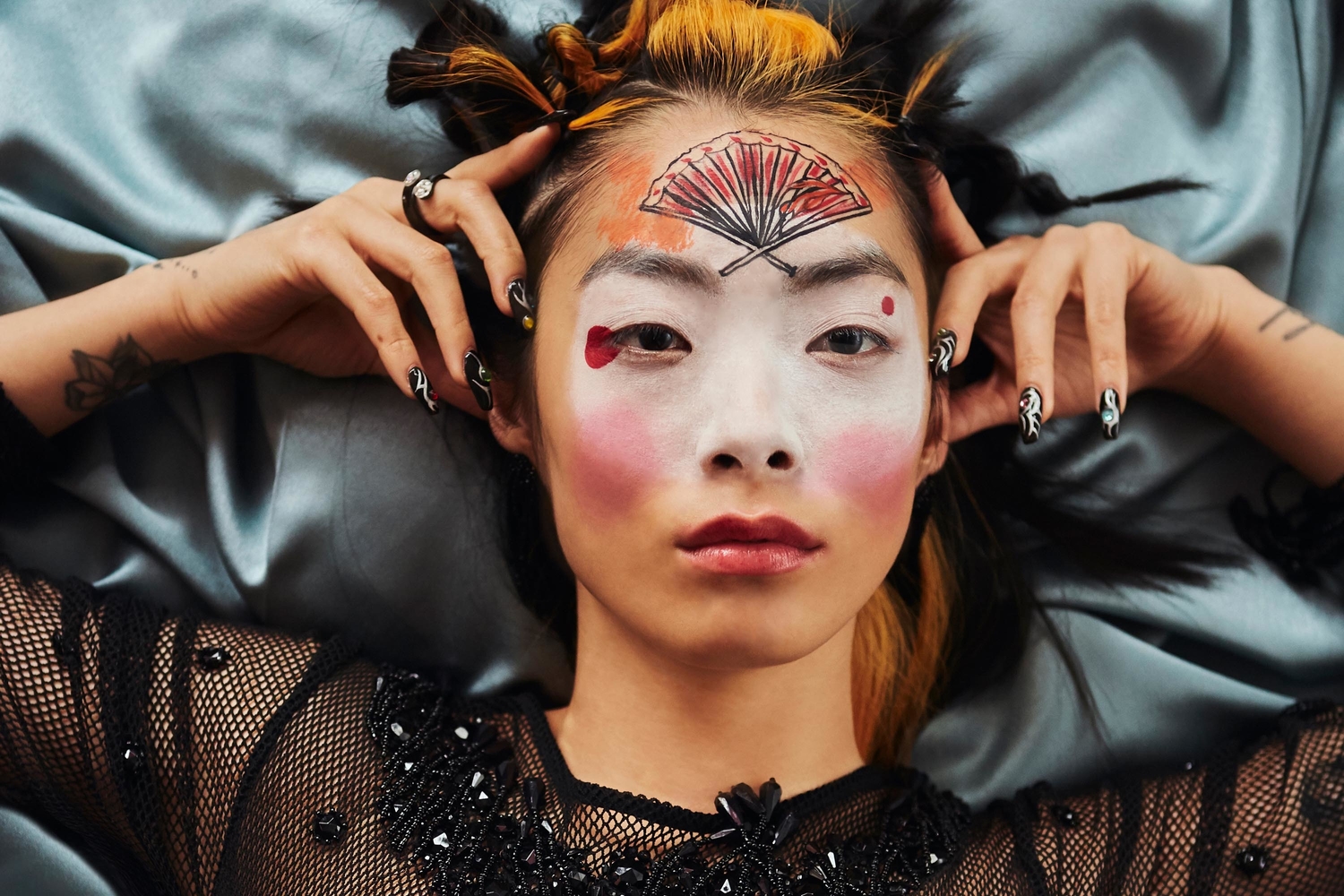
Cover Feature Family Portrait: Rina Sawayama
Reaching in to examine her multi-cultural background, family history and queer identity, Rina Sawayama’s debut is a complicated, compassionate (yet catchy) portrait of an artist embracing herself.
Fresh off a red eye from LA, we meet Rina Sawayama at the kind of Bushwick loft-cum-photo studio you can’t help but imagine a character from Girls living in. Huge glass panes are swathed in thick pink curtains and a 70-hour loop of meditation music plays in the background; conversation in the room flits from astrology to the singer’s recent experience meeting Rihanna (she smells great apparently) to a local Korean tattoo artist she asks her team to DM on Instagram.
A listen to Rina’s forthcoming debut album ‘SAWAYAMA’ might give off hints of an ostentatious personality at first, each song on the album taking a hard left turn to find its own way to shine. The bouncy synths and glitzy beat on recent single ‘Comme Des Garçons (Like The Boys)’ are reminiscent of ‘90s dance tracks, while distorted guitars and snarled vocals introduce elements of nu metal to ‘STFU!’. But, despite the high octane pop music she makes, the singer is reserved and attentive in person. She’s deadpan at times - “You know smaller heaters exist?” she jokes, eyeing the comically large one dangling from a corner of the room - and quietly supportive at others. When it’s time to pose for photos, meanwhile, Rina’s experience as a model (she has worked with Adidas, Samsung, Versus Versace, and more) is evident. Fluidly shifting from one pose to the next, she anticipates directions from the photographer before they’re even articulated out loud, quietly singing along to Kacey Musgraves’ ‘Golden Hour’ between takes.
Rina was born in Niigata, Japan and moved to London at the age of five with her parents, where she attended Japanese school until she turned 10. She says that attending that school, where she learned Japanese, calligraphy and dancing, was one of the happiest times of her life. Yet though she ultimately loved her high school, which she describes as a nurturing, multi-ethnic environment, her transition from Japanese school to state school was jarring and formative. It was her first introduction to her and especially her family’s otherness. “When I changed school, my English wasn’t that great and I remember being very frustrated that I couldn’t communicate myself to people around me,” she recalls. “I think that’s when I realized how frustrating it was for my mum. My English as a kid got better quickly, but my mum took a while to improve and I remember my impatience towards her and other peoples’ impatience towards her, which is a horrible feeling. The way that people deal with your parents can frame how you start to deal with them, which can be horrible.”
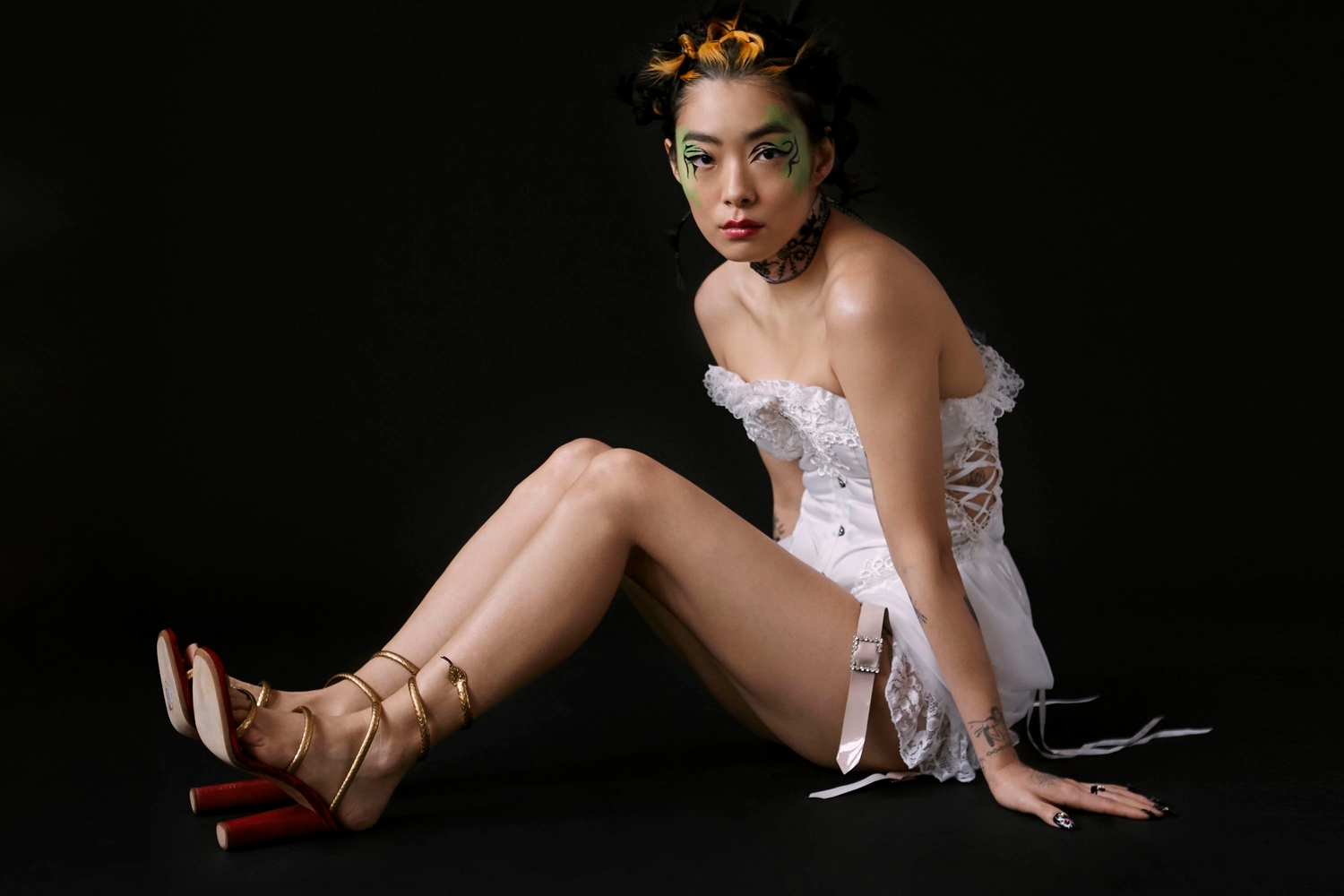
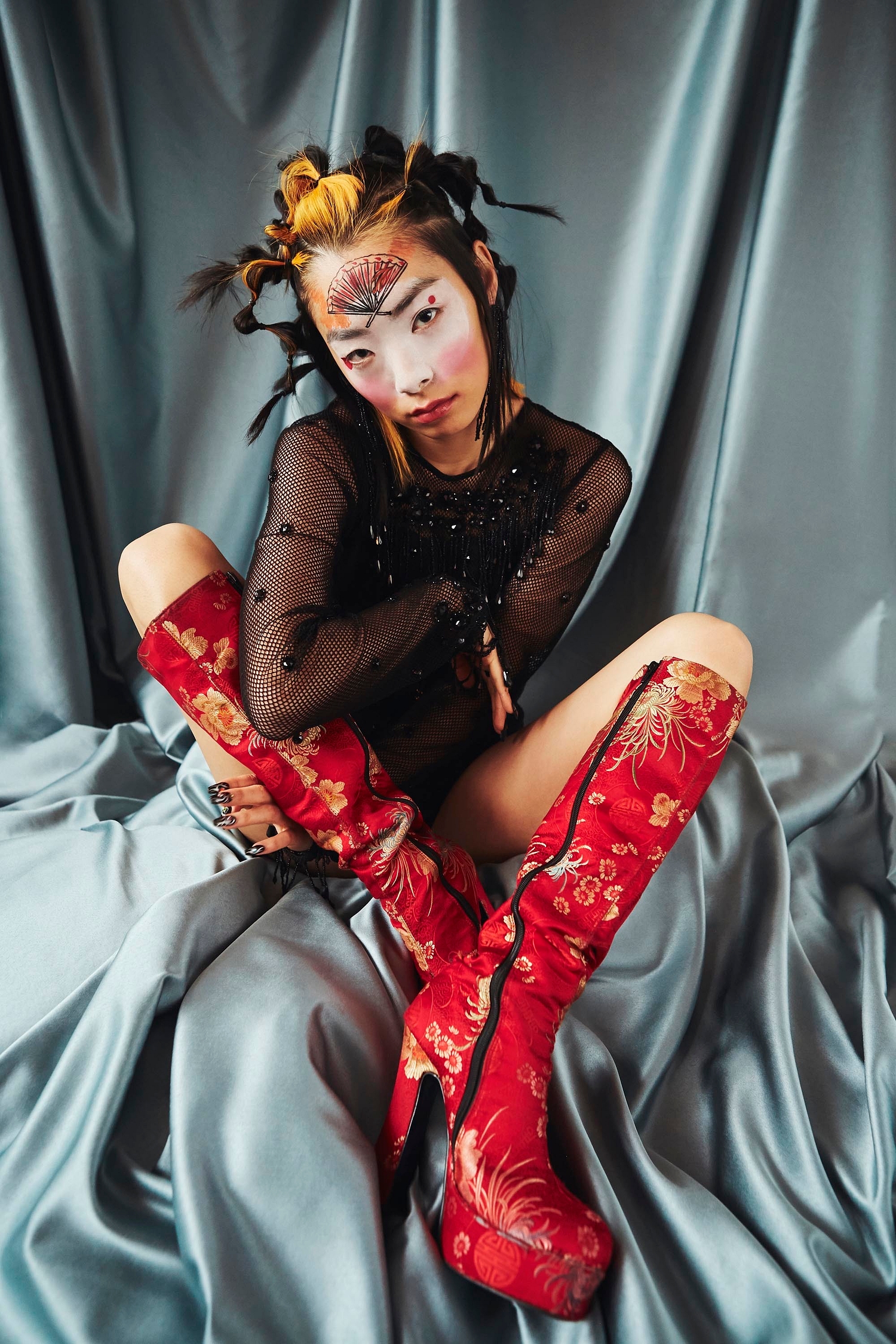

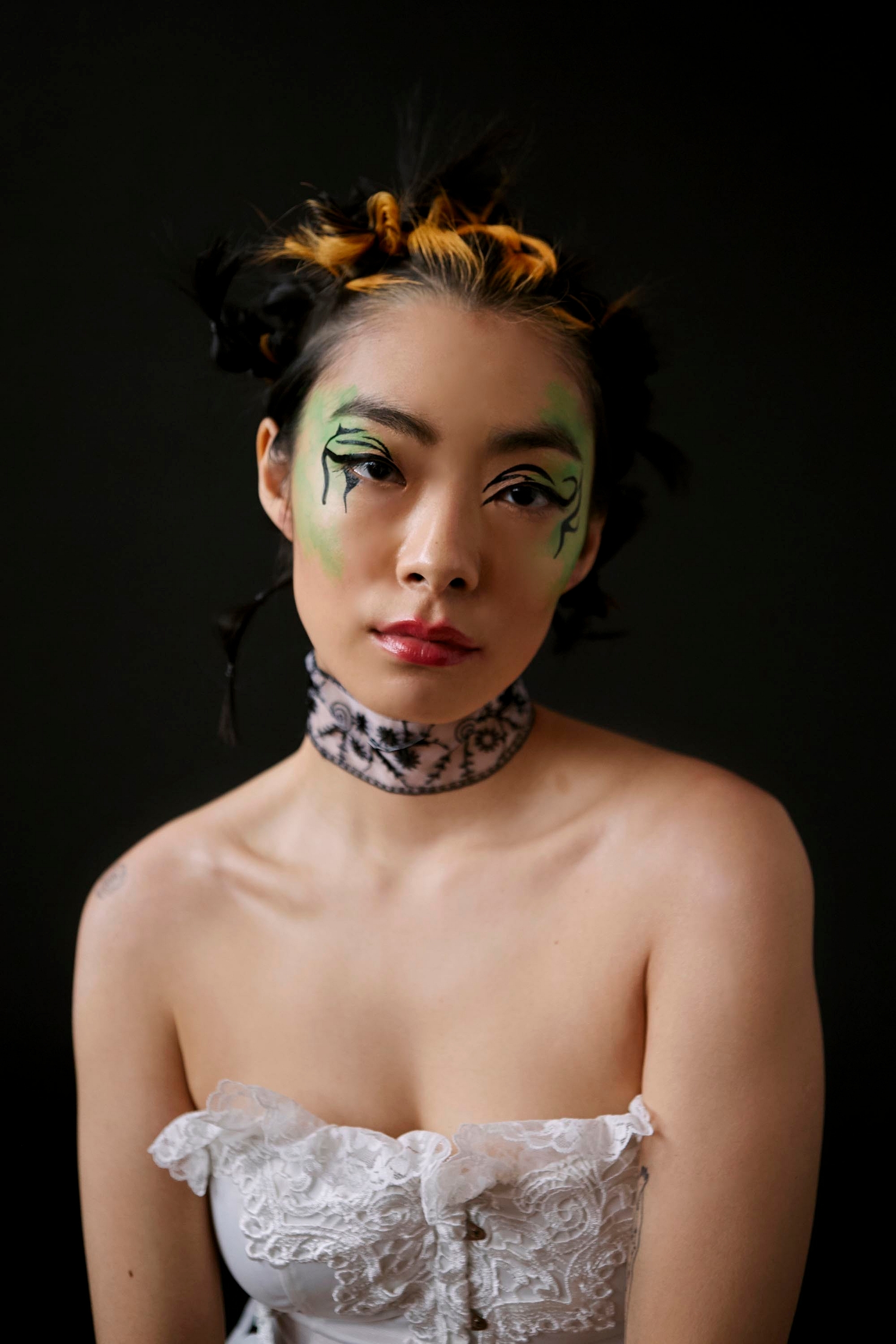
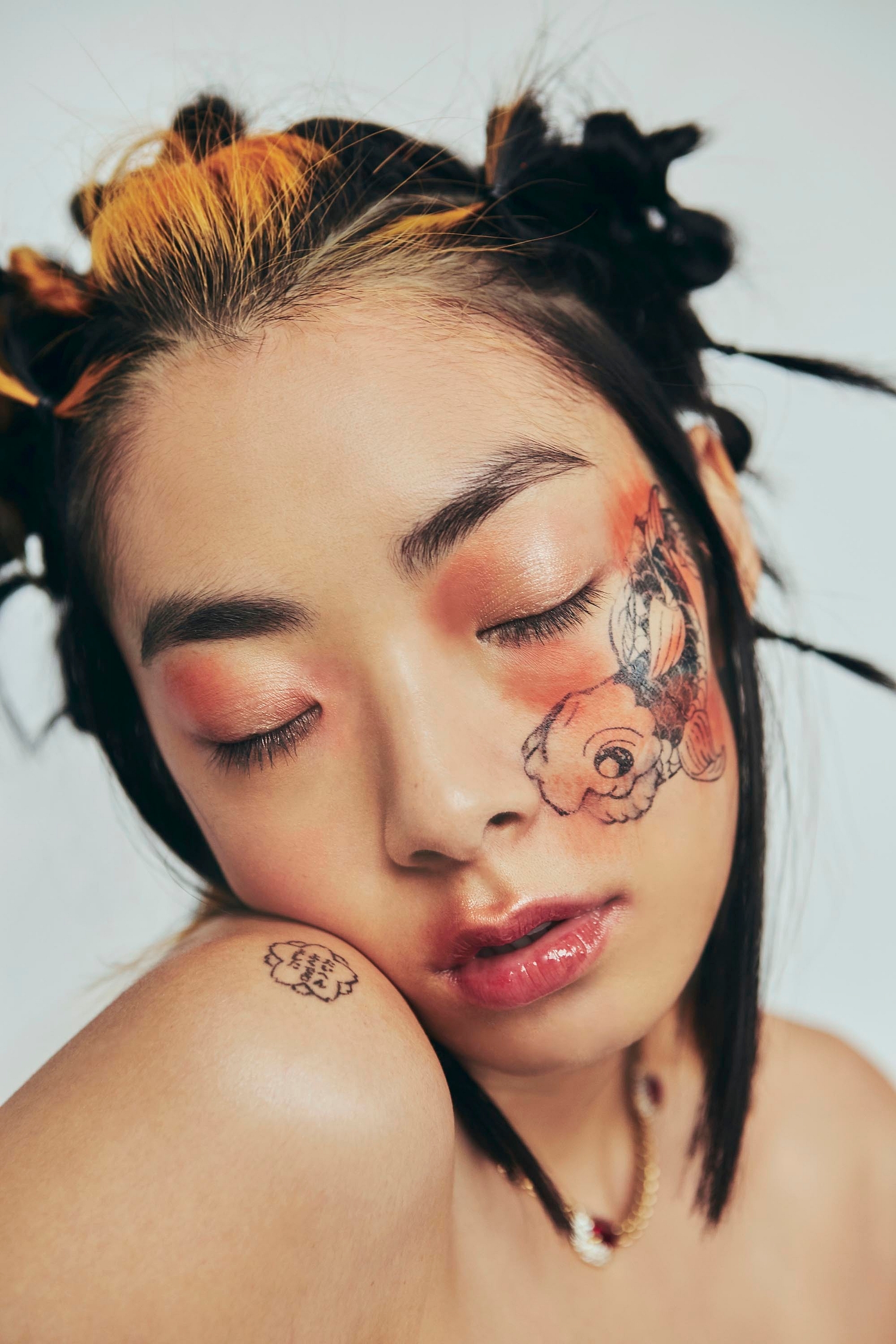
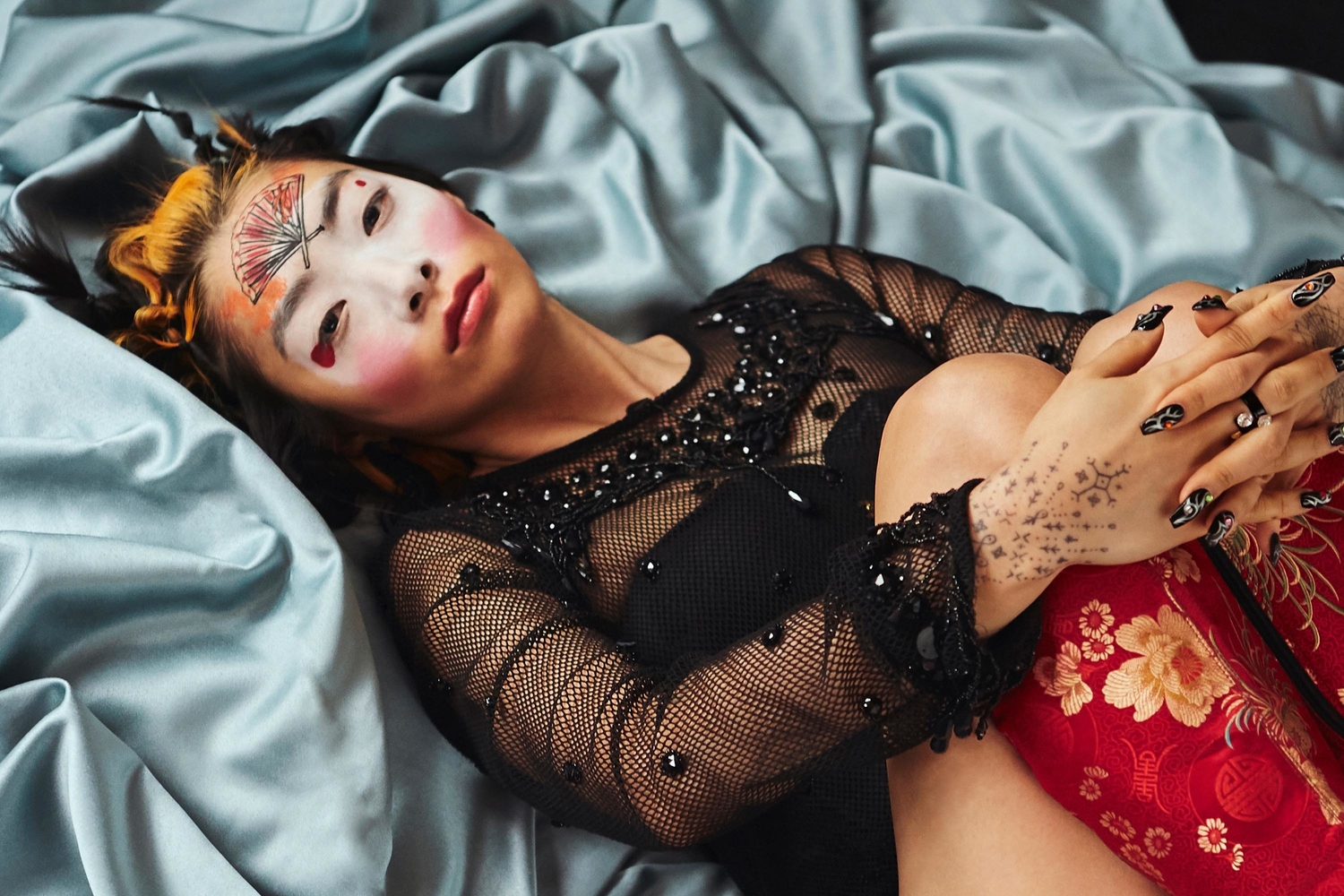
As featured in the March 2020 issue of DIY, out now.
Read More

Empress Of teams up with Rina Sawayama for new track ‘Kiss Me’
It’s her first new music since last year’s ‘Save Me’ EP.
26th September 2023, 10:21am
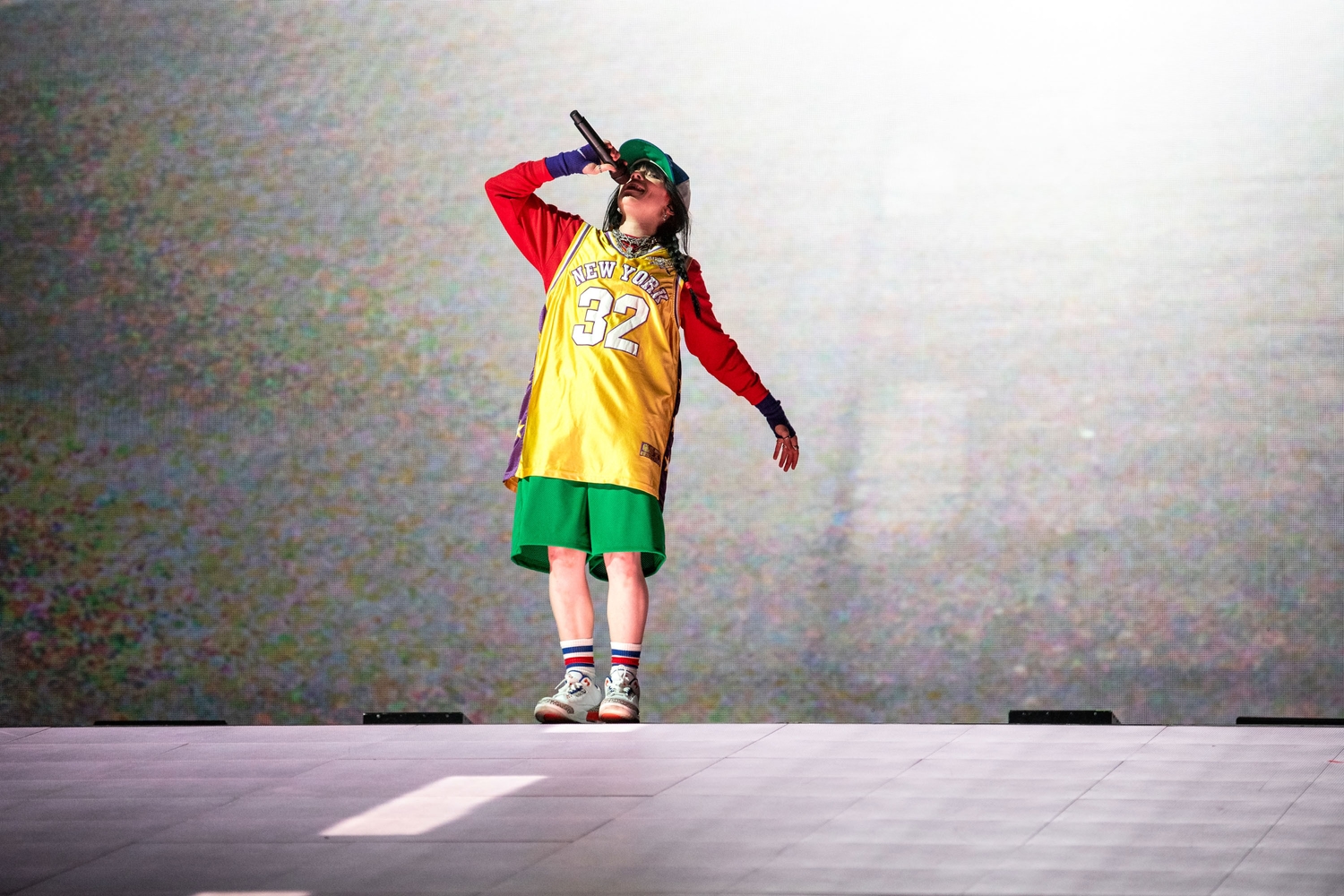
Same as it ever was: Billie Eilish, The Killers and Sam Fender bring singalongs (and fireworks) to Reading 2023
Yard Act kick off a weekend that also sees huge sets from Wet Leg and Declan McKenna, plus the return of SOFT PLAY.
30th August 2023, 1:36pm
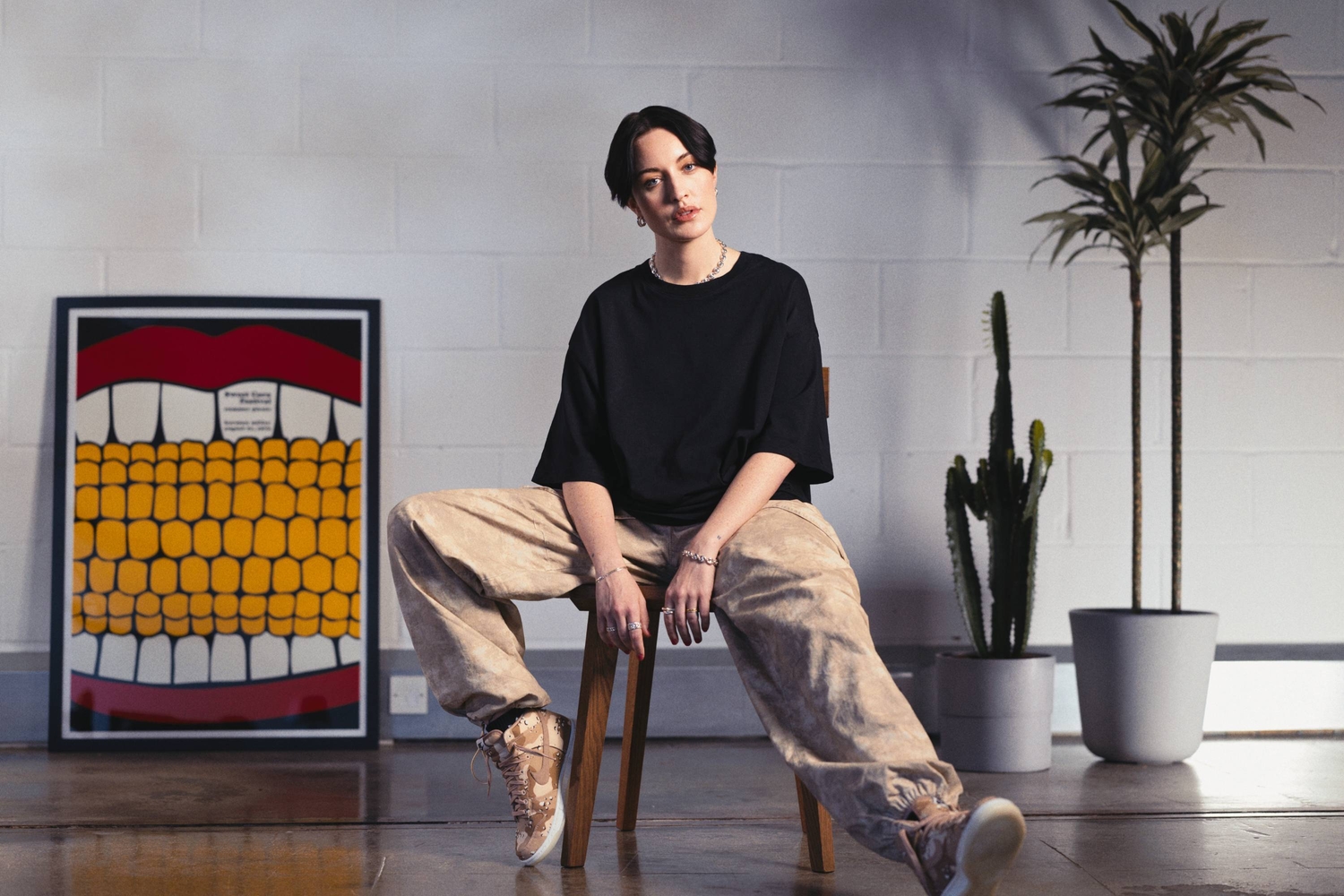
Amy Bowerman on Rina Sawayama’s 2023 Glastonbury set: “It felt like everything really clicked into place”
Rina Sawayama’s live shows are a spectacle to behold, bridging the gap between gig and performance art. We chatted to Amy Bowerman - her creative director and the mastermind behind her current festival set - about concepts, characters, and last minute change of plans.
17th July 2023, 1:28pm

10 Most Memorable Moments of Glastonbury 2023
As post-Glasto blues set in, DIY round up some of the most conversation-starting, core-memory moments of this year’s party on Worthy Farm.
26th June 2023, 5:09pm
